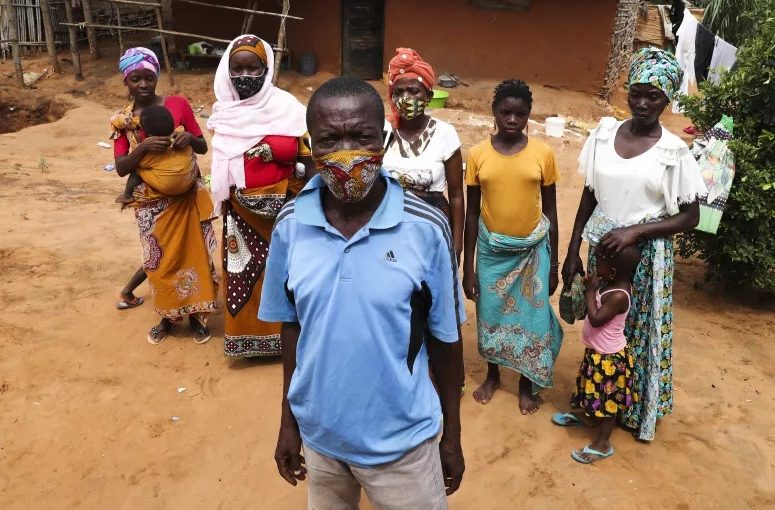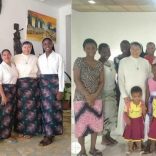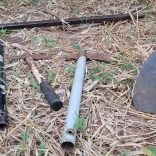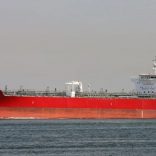Mozambique: Five arrested for theft of medicines in Manica - Watch
Pilali went to the port just to look, and ended up taking in displaced people

Photo: Lusa
Pilali Paiva went to the port of Pemba just to see the displaced people arriving from Palma, but ended up offering a house he owns to five women and six children.
“When a person feels that a person is a human being, just like them, that’s it, he or she really has to accept it. I cannot leave them in distress. Because I was born too, I was also a child. On top of that, the rainy weather is coming. Where will they end up? I’d rather take them in myself,” says 46-year-old Pilali Paiva, surveying the families who have been living in a house next to his since last month.
After the March 24 attack, “I went there [to the port of Pemba] to see the population, just because I had heard that there were people who were being ‘unloaded’ from a ship,” he recalls.
His curiosity led to him witnessing the arrival of one of the first boats bringing displaced people from Palma, fleeing a town invaded by insurgents in an action claimed by the Islamic State terrorist movement.
But his initial curiosity was replaced by a desire to help, when he saw some “isolated families” – five women with their six children.
“I asked, and they said they had no family,” he recalls. “As I have this empty house, I said ‘Come on, let’s go’. I brought them here. I told them to get on the ‘chapa’ [public transport], I paid the ten meticais, and brought them here,” the Pemba resident explained.
When they arrived, Paiva gave them 700 meticais to buy wheat, and arranged pots and equipment for them to make a fire, so that they could eat.
There are two single-story houses with orange clay walls that blend with the soil. They are within the same plot, bounded by a fence made of sticks. In the middle there is a string to dry laundry, almost full of clothes from the Pilali family and their new “neighbours”.
Two of the “sisters” – the word Pilali uses to refer to the displaced people he’s housing – were sitting on the small porch of the house where they are now living. Another was leaning against one of the walls and the remaining two were walking around the plot, babies asleep on their breasts.
Taking in more displaced persons is out of the question, though, because “of the little three rooms he has,” there is only one left. The money won’t stretch, and Pilali’s life isn’t easy either.
With the help of his wife, he sells soaps and onions to buy his “daily bread”, and with the 20 meticais he sometimes makes, can only buy “those little fish” for the children.
More is not done, because more is not possible. Only with the help of the community, or even the government, would it be possible to provide more support for the women.
Government assistance “is what I want most, so that my ‘sisters’ can have what they need to survive, or else tell them, ‘Here is a piece of land, come and build a home here'”, he suggests.
Pending this more definitive solution, the women live on what they buy with the few meticais Pilali gave them.
Rain has been falling unceasingly in Cabo Delgado over the last few days, and the trend will only continue to aggravate the situation of those living in the open. A problem that these women no longer have to worry about.
The city of Pemba has been the main destination for populations fleeing the armed attacks that began in 2017 in districts further north of the province, currently hosting almost twice its capacity.
The violence unleashed more than three years ago in the province of Cabo Delgado escalated still further two weeks ago, when armed groups first attacked the village of Palma, about six kilometres from the multimillion-dollar natural gas projects.
The attacks caused dozens of deaths and forced thousands of Palma residents to flee, aggravating a humanitarian crisis that has, according to the United Nations, affected about 700,000 people in the province since the beginning of the conflict.













Leave a Reply
Be the First to Comment!
You must be logged in to post a comment.
You must be logged in to post a comment.